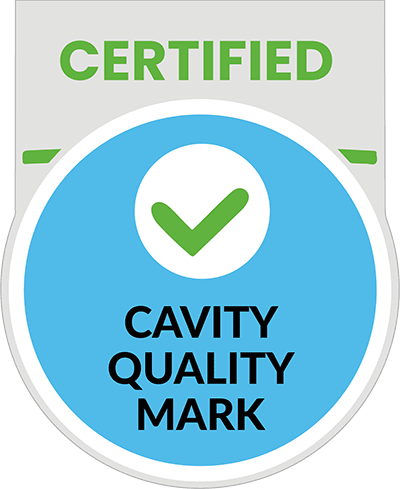February is the official Oesophageal Cancer Awareness Month and we are taking a closer look at what oesophageal cancer is and what it is that we should look out for.
Receiving a diagnosis is an incredibly difficult time for those directly affected by the disease, but also for their families and those closest to them. From the complex treatment, to the countless worries about the future, lives can be turned upside following a cancer diagnosis.
Like most things, being aware of the risk factors, signs and symptoms of oesophageal cancer can lead to early diagnosis and a better prognosis.
So, what actually is the oesophagus?
The oesophagus is the tube the transports food and liquid from the mouth to the stomach.
Oesophageal cancer can develop in the thin cells lining its walls, which is called squamous cells carcinoma, or in the glandular cells that protect wall lining from food acids, in which case is called adenocarcinoma.
A surgical removal of the cancer can treat early cancer, but chemotherapy and radiotherapy can treat advanced cancer.
Therefore, being able to catch the tumour early on is key and to do this we need to be aware of how to prevent it in the first place and how to spot any changes that may suggest that it's time to see the GP.
Several factors are associated with an increased risk of developing oesophageal cancer, while the exact cause is unknown.
Having any of these factors doesn’t necessarily mean that you will develop the disease and if you don’t have any of the factors there isn’t a guarantee that you cannot develop oesophageal cancer.
Risk factors
- Acid reflux for a long time
GORD stands for gastric oesophageal reflux disease and occurs when acid from the stomach comes back up into the oesophagus. Acid is damaging to the cells lining the oesophagus and with prolonged contact to acid cells can become abnormal. The abnormal cells can give rise to a pre-cancerous condition called Barrett’s oesophagus.
- Obesity
Acid reflux is also common in people who are overweight, therefore posing a risk to developing oesophageal cancer.
- Age
Most oesophageal cancers are diagnosed in those over the age of 40 which means that the risk increases with age.
- Smoking
The risk increases with the longer you have smoked for and the more you smoke. All types of smoking are harmful and this includes betel quid and shisha.
- Alcohol
Consuming alcohol in excess over a long period of time is another risk factor to oesophageal cancer.
- Diet
Diet is also important for the prevention of oesophageal cancer. A diet high in fat and cholesterol can increase your risk.
Signs and symptoms
- Difficulty swallowing and feeling like something is stuck in the throat - most common.
- Pain in the throat or chest when swallowing
- Heartburn or indigestion that persists
- A hoarse voice or persist cough
- Vomiting and/or nausea
Even though these symptoms may be caused by other conditions, it is important to see your doctor about them.
For more information, click on the link below:


